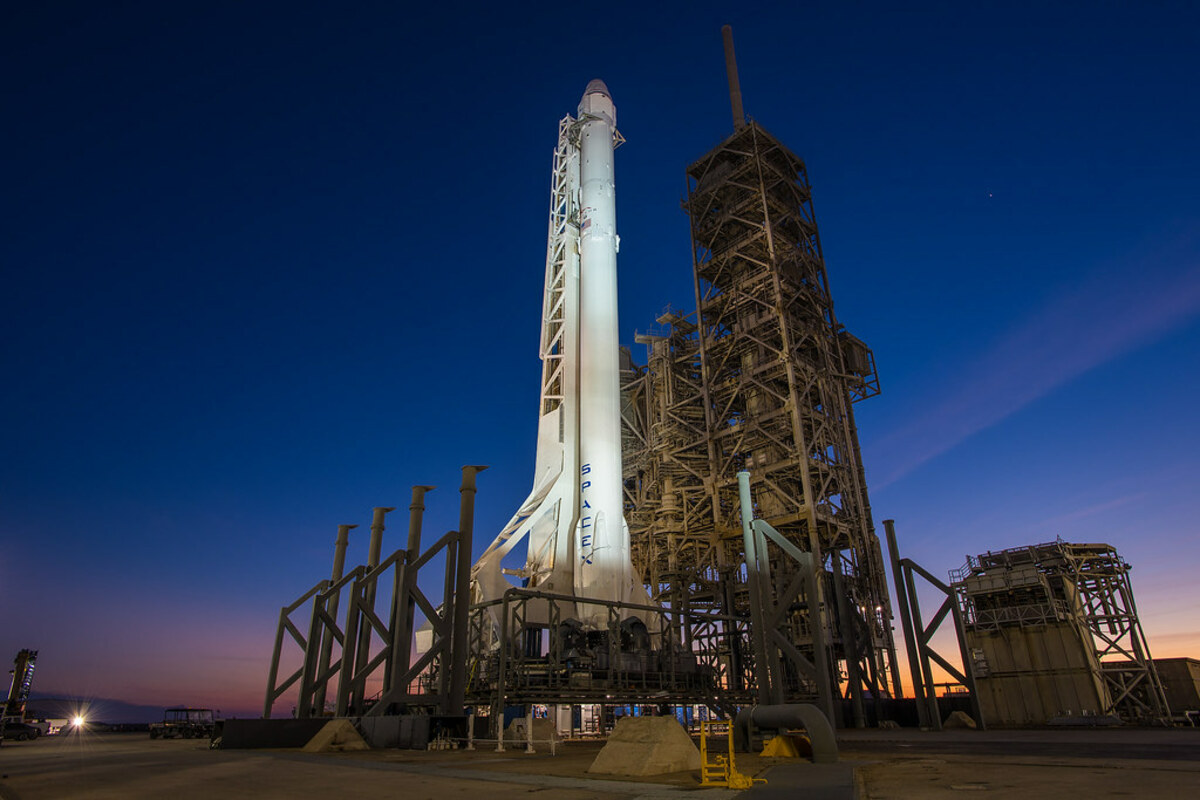
SpaceX, Elon Musk's other company, is in the limelight these days for taking astronauts into space with their Falcon rockets. A first step towards a new space colonization by man, with a project to return to the Moon again and also to perfect the technologies for the future conquest of Mars.
Know that SpaceX uses Linux, just like Tesla Motors does. It does this for the flight control of Falcon, Dragon and Grasshopper vehicles. In addition, the monitoring, control and communication stations on Earth also use Linux on their workstations and servers. Without a doubt a new conquest of Linux in the professional field, and there are already many ...
NASA astronauts Bob Behnken and Doug Hurley have to thank Linux for arriving safely on the ISS (International Space Station). Specifically, the Falcon 9 reusable rocket That carried them has huge engines powered by liquid oxygen and kerosene, as well as computers running Linux for flight control.
In addition, this mission has had three computers based on microprocessors dual core x86 (Nothing strange, since these missions are usually equipped with chips with more than a decade that are proven and more than proven, such as the Z80 that some satellites use, or the 80386SX of the ISS). The flight software runs separately on each of these processors and is written in the C and C ++ language.
Although, in general, the CPUs and other chips that are used in space are RH (Rad Hard or Radiation Hardened), that is, they are hardened against radiation so that the radiation from space (ionizing radiation and cosmic rays) does not end up harming them, in the case of the Falcon 9 and its first stage they are not, since it lands on Earth again and does not need it.
And it's not strange at all many critical applications, as well as servers, supercomputers, IoT, etc., are dominated by Linux in an iron way.
It is very pleasant to know that Eleon Musk's choice for his Teslas and SpaceX rockets uses Linux Gnu / Linux operating system (like Bond James Bond) that demonstrates once again the solid robustness and incredible adaptability of Linux
Yep, it was always known that the Tesla used Linux, more precisely Debian in the Roadster (both), Gentoo but only the X and S, the new ones like the 3, Y and Cybertruck already use Ubuntu, the Powerwall (the driver) uses Ubuntu Core, robots and factories with ROS, a loophole was made in the chargers but I think it is QNX, FreeRTOS or an adaptation of AGL